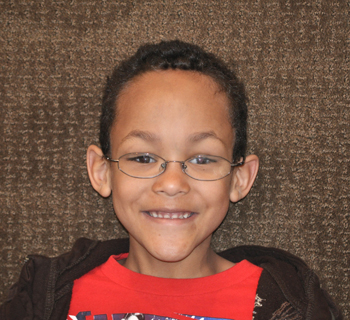
|
Pediatric Occupational, Physical, ABA/Behavioral, Feeding, Speech, and Language Therapies Main Clinic: 931-372-2567 1445 East 10th Street Cookeville, TN 38501 Email: [email protected] HIPAA Secure Email: [email protected] Fax: (931) 372-2572 ABA Clinic: 931-201-9534 400 Dubois Road Cookeville, TN 38501 Email: [email protected] Please call today to get started! Most insurances accepted! |

|
| Who needs therapy? | SE HABLA ESPAÑOL |
Home
> Is it a Behavior or a Sensory Disorder?
Is it a Behavior or a Sensory Disorder?

Children with SPD (Sensory Processing Disoder) often display very specific sensory difficulties that can look like behaviors:
Auditory:
- Responds negatively to unexpected or loud noises
- Holds hands over ears
- Cannot filter out background noise
- Seems oblivious within an active environment
Visual:
- Prefers to be in the dark or severe fear of the dark
- Hesitates going up and down steps
- Avoids bright lights or busy places like Walmart (acts worse when in a busy place like a store or eating out)
- Stares intensely at people or objects
- Avoids eye contact
Taste/Smell:
- Avoids certain tastes/smells that are typically part of children's diets
- Routinely smells nonfood objects or leaves the room when their are certain smells
- Seeks out certain tastes or smells- picky eater
- Does not seem to smell strong odors or notices everything- smells foods before eating
Body Position:
- Continually seeks out all kinds of movement activities
- Hangs on other people, furniture, objects, climbs everything, seeks crazy amounts of movement
- Seems to have weak muscles, tires easily, has poor endurance
- Walks on toes
- Avoided belly time or creeping stages
Movement:
- Becomes anxious or distressed when feet leave the ground
- Avoids climbing or jumping
- Avoids playground equipment
- Seeks all kinds of movement and this interferes with daily life
- Takes excessive risks while playing, has no safety awareness
- Fearful of head back movements or being laid down for diaper changes
Touch:
- Avoids getting messy in foods, glue, sand, finger paint, tape
- Is sensitive to certain fabrics (clothing, bedding)
- Touches people and objects at an irritating level
- Avoids going barefoot, especially in grass or sand
- Has decreased awareness of pain or temperature
- Severe fear of everyday self care activities, very picky dresser, avoids toothbrushing, hair brushing, etc.
Attention, Behavior, and Social:
- Jumps from one activity to another frequently and it interferes with play
- Has difficulty paying attention
- Doesn't understand personal space
- Seems anxious
- Is accident prone
- Has difficulty making friends
- Severe issues with self regulation- meltdowns that last over 20 minutes- upset easily and frequently
Children with poor motor coordination will show behaviors to avoid harder tasks.
Movement is the Key to Learning
Site empowered by
WebOnTheFly